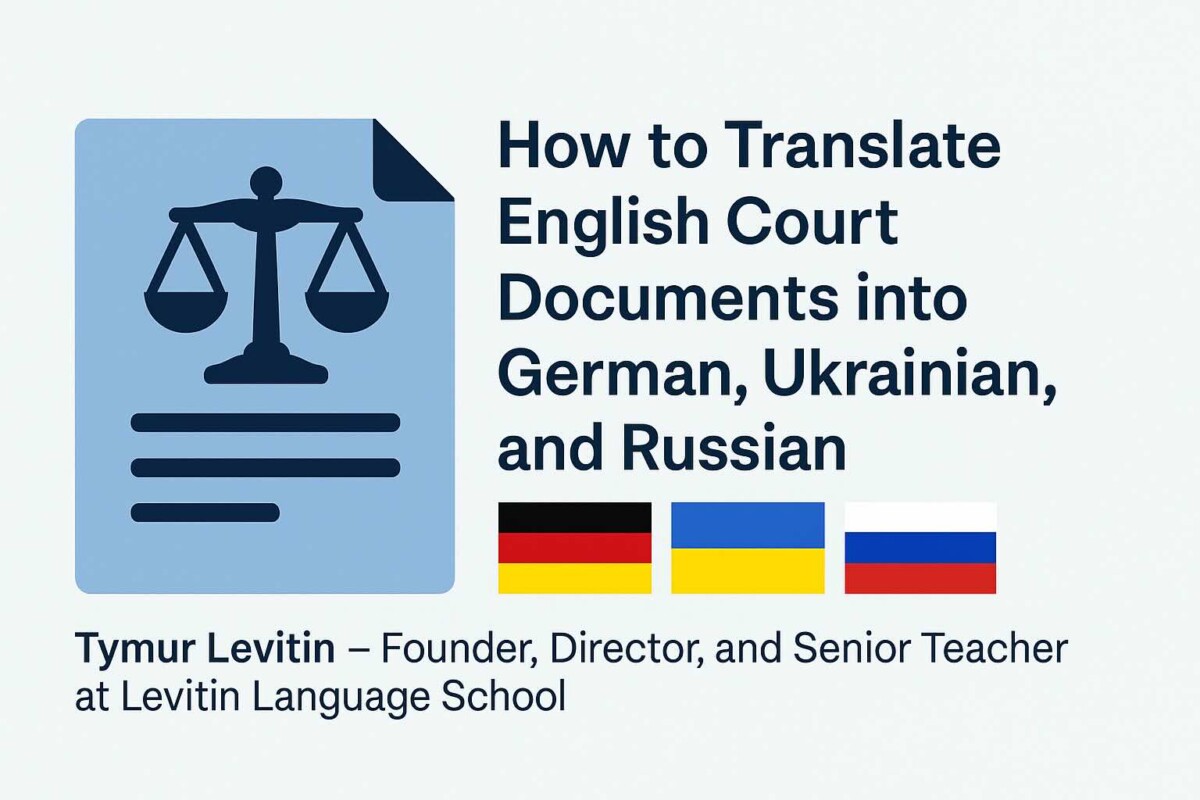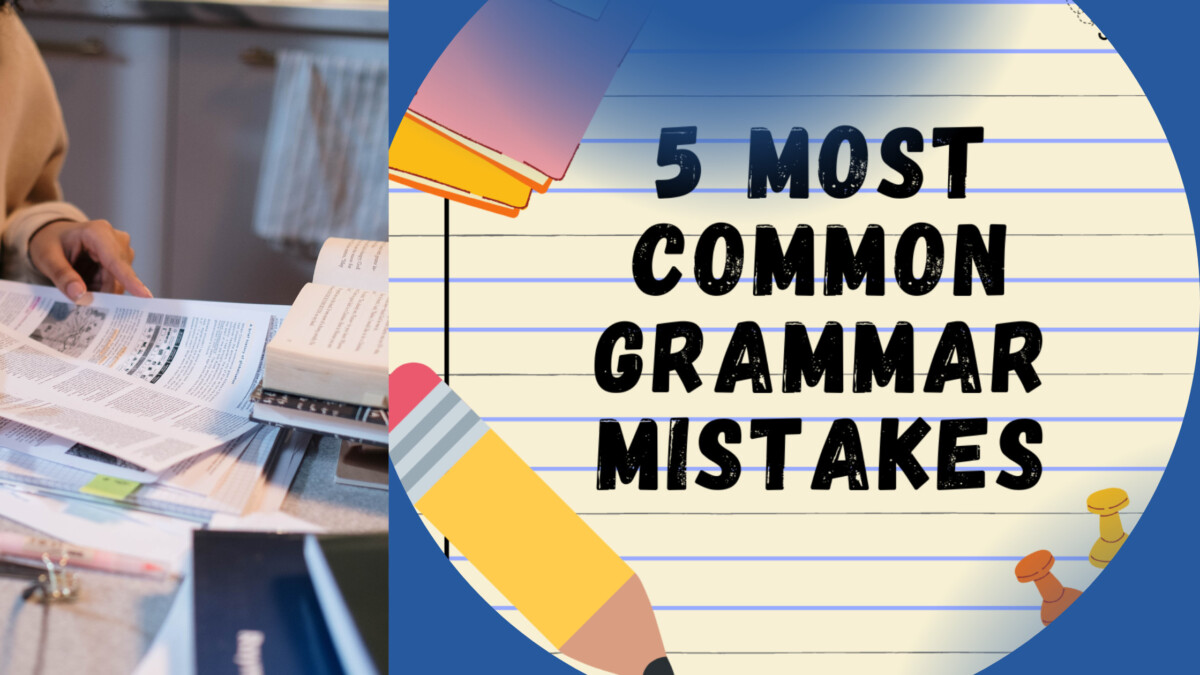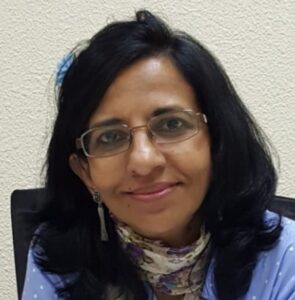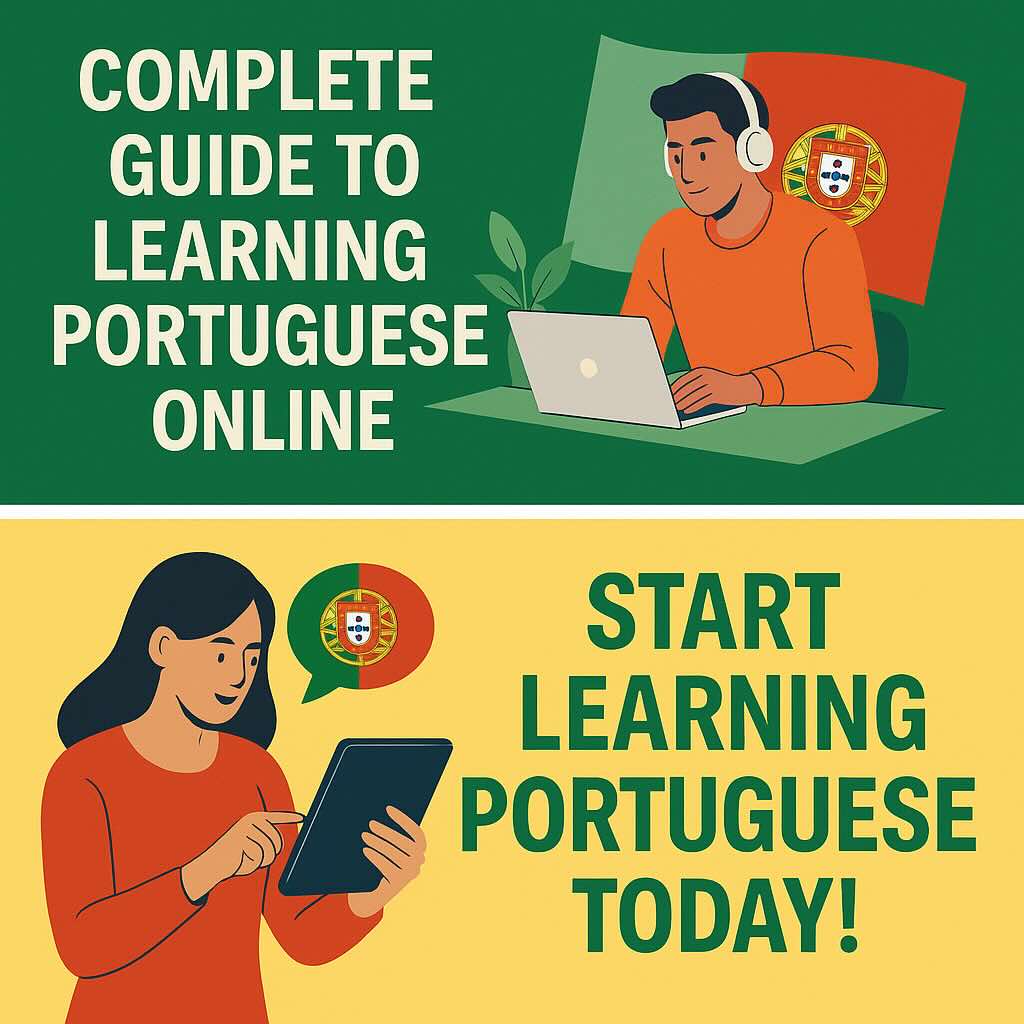Even advanced English learners make grammar mistakes—and that’s okay! The good news is, most errors are easy to fix once you know them. Let’s look at 5 common mistakes and their simple corrections.
1. She don’t like tea. (False)
She doesn’t like tea. ( True)
Use doesn’t with he, she, it
2. I have visited London last year. (False)
I visited London last year. (True)
Don’t mix teraźniejszość doskonała with a time expression like last year.
3. He is married with a doctor. (False)
He is married to a doctor. (True)
Always say married do, not married z.
4. People is friendly here. (False)
People are friendly here. (True)
People is plural, so use are.
5. I look forward to meet you. (False)
I look forward to meeting you. (True)
After look forward to, use the -ing form.
Last Remark
It’s normal to make mistakes, but fixing them is what improves your English. Keep in mind that each correction is a step closer to fluency!
























